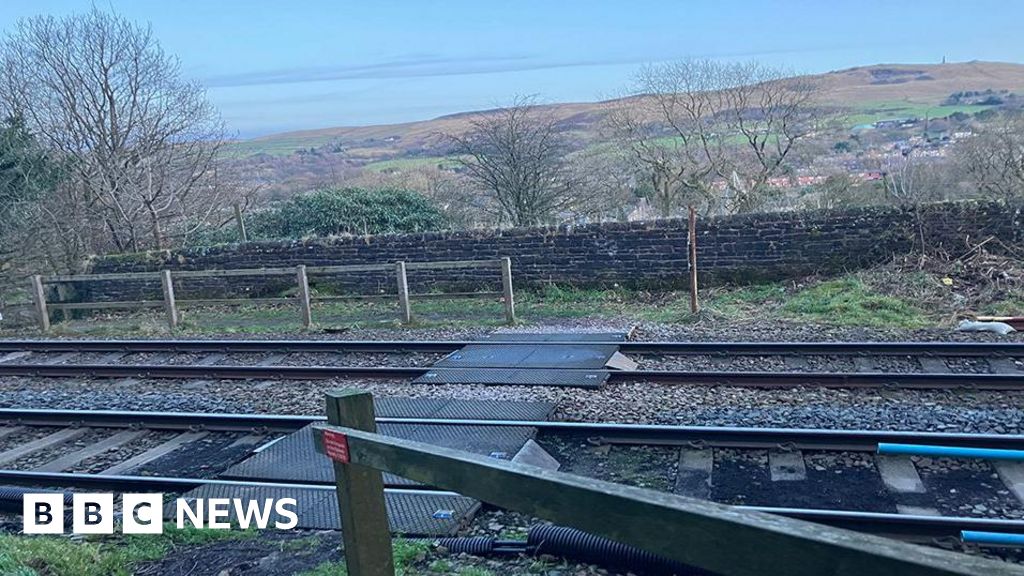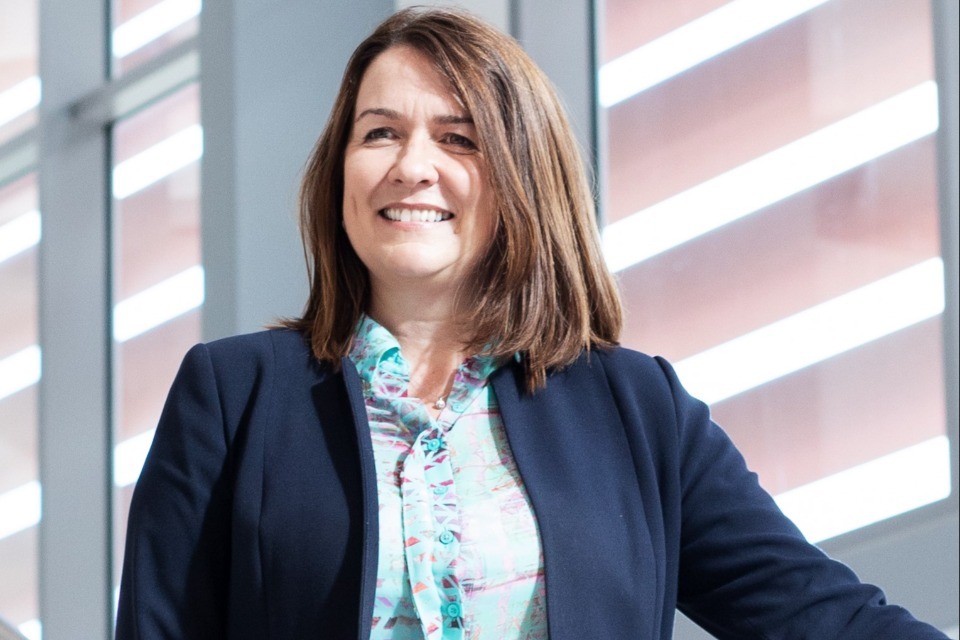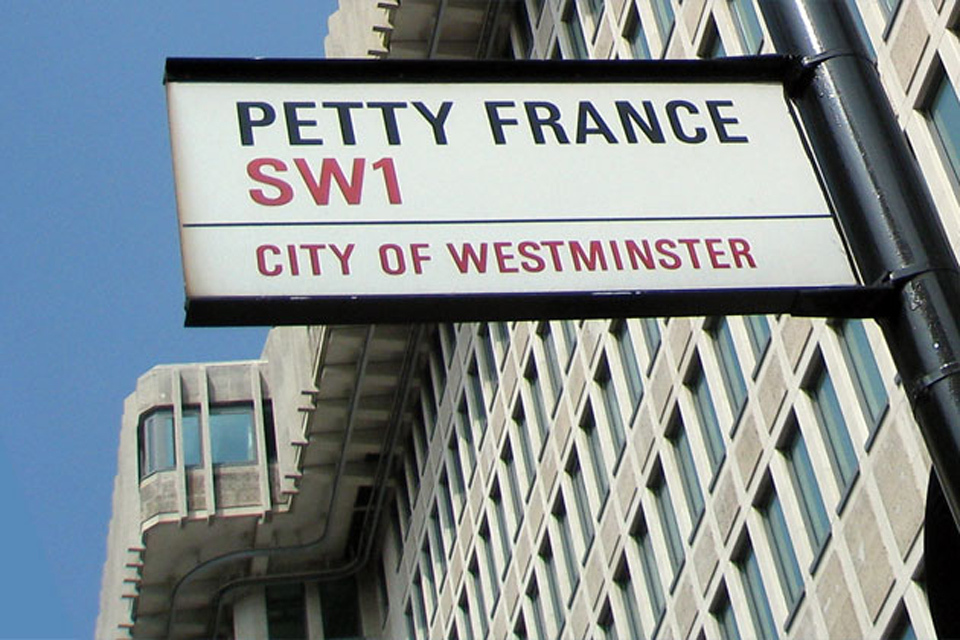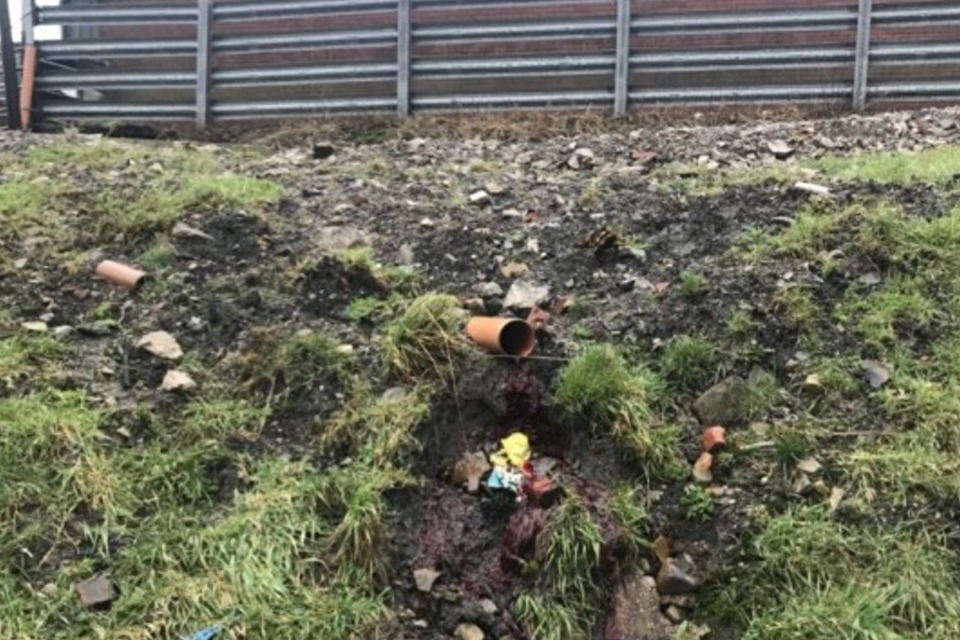- Government to launch chickenpox vaccination programme in England from January 2026, which will protect around half a million children each year
- Eligible children will receive the vaccine during routine GP appointments, which protects against measles, mumps, rubella and chickenpox
- The rollout will help raise the healthiest generation of children ever, while reducing sick days and time parents take off work
Thousands of children will be protected against chickenpox for the first time in England through a new vaccination programme that will keep kids in school and parents in work while also saving the NHS vital funds.
From January next year, GP practises will offer eligible children a combined vaccine for measles, mumps, rubella and varicella (MMRV) – the clinical term for chickenpox – as part of the routine infant vaccination schedule.
It will mean kids miss fewer days in nursery and school while parents won’t need to take time off work to care for them. Research shows that chickenpox in childhood results in an estimated £24 million in lost income and productivity every year in the UK. The rollout will also save the NHS £15 million a year in costs for treating the common condition.
The chickenpox vaccine has been safely used for decades and is already part of the routine vaccine schedules in several countries, including the United States, Canada, Australia and Germany.
Minister of State for Care Stephen Kinnock said
We’re giving parents the power to protect their children from chickenpox and its serious complications, while keeping them in nursery or the classroom where they belong and preventing parents from scrambling for childcare or having to miss work.
This vaccine puts children’s health first and gives working families the support they deserve. As part of our Plan for Change, we want to give every child has the best possible start in life, and this rollout will help do exactly that.
The vaccination programme forms part of the government’s wider ambition to raise the healthiest generation of children ever as part of our Plan for Change — boosting the nation’s health and ensuring the future sustainability of the NHS as we shift the focus of healthcare from sickness to prevention.
The vaccine will help reduce cases of chickenpox and protect children from serious complications that can cause hospitalisation, such as bacterial infections like strep A, brain and lung inflammation and stroke.
Dr Gayatri Amirthalingam, Deputy Director of Immunisation at the UK Health Security Agency said
Most parents probably consider chickenpox to be a common and mild illness, but for some babies, young children and even adults, chickenpox can be very serious, leading to hospital admission and tragically, while rare, it can be fatal.
It is excellent news, that from next January, we will be introducing a vaccine to protect against chickenpox into the NHS routine childhood vaccination programme – helping prevent what is for most a nasty illness and for those who develop severe symptoms, it could be a life saver.
We now have extensive experience from a number of countries showing that the vaccine has a good safety record and is highly effective. The programme will have a really positive impact on the health of young children and also lead to fewer missed nursery and school days.
The government’s decision to roll out the MMRV vaccine in January is based on expert scientific advice from the Joint Committee on Vaccination and Immunisation (JCVI), following research showing the significant impact of severe cases of chickenpox on children’s health, hospital admissions and associated costs.
Private vaccinations for chickenpox at pharmacies and clinics currently cost around £150 for a full course of two doses. This rollout will mean the vaccination will be available free of charge on the NHS to eligible children.
Other countries where the MMRV vaccine is already offered — such as Germany, Canada, and the United States — have seen substantial decreases in chickenpox cases and related hospital admissions since introducing their vaccination programmes.
Amanda Doyle, National Director for Primary Care and Community Services at NHS England said
This is a hugely positive moment for families as the NHS gets ready to roll out a vaccine to protect children against chickenpox for the first time, adding to the arsenal of other routine jabs that safeguard against serious illness.
We will work with vaccination teams and GP surgeries across the country to rollout the combined MMRV vaccine in the new year, helping to keep children healthy and prevent sickness from these highly contagious viruses.
The MMRV vaccine rollout forms part of the government’s overall aim to ensure young people thrive, as part of the 10 Year Health Plan. This includes expanding access to vaccines, as well as free school meals, mental health support and dental care.
This is the first time protection against another disease has been added to the routine childhood vaccination programme since the MenB vaccine in 2015.
Meanwhile, the Department for Education has recently announced plans to roll out Best Start Family Hubs in every local area, relieving pressure on parents and giving half a million more children the very best start in life.
The eligibility criteria for children will be set out in clinical guidance covering which age groups will get the MMRV vaccine and when, to ensure the most effective protection for children.
As with other childhood immunisations, parents will be contacted by their GP surgery to arrange an appointment if their child is eligible.








